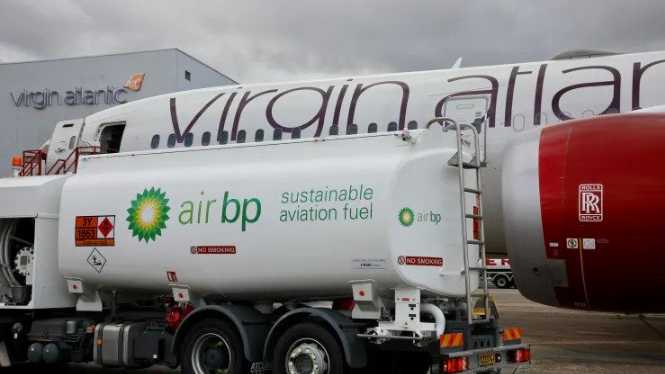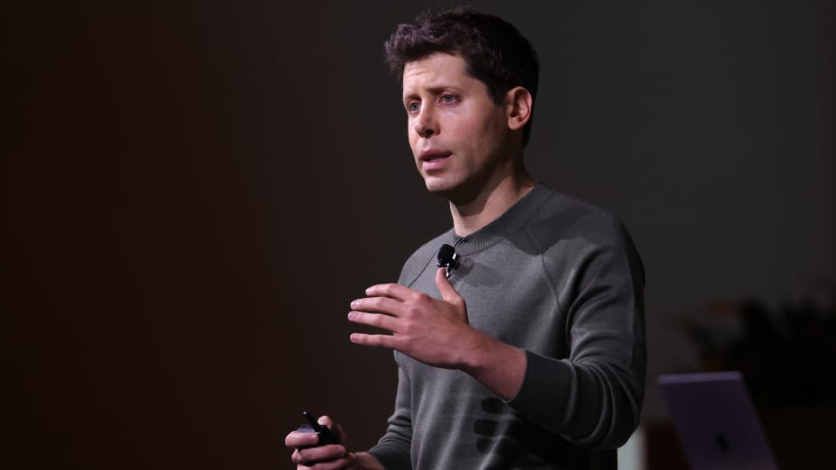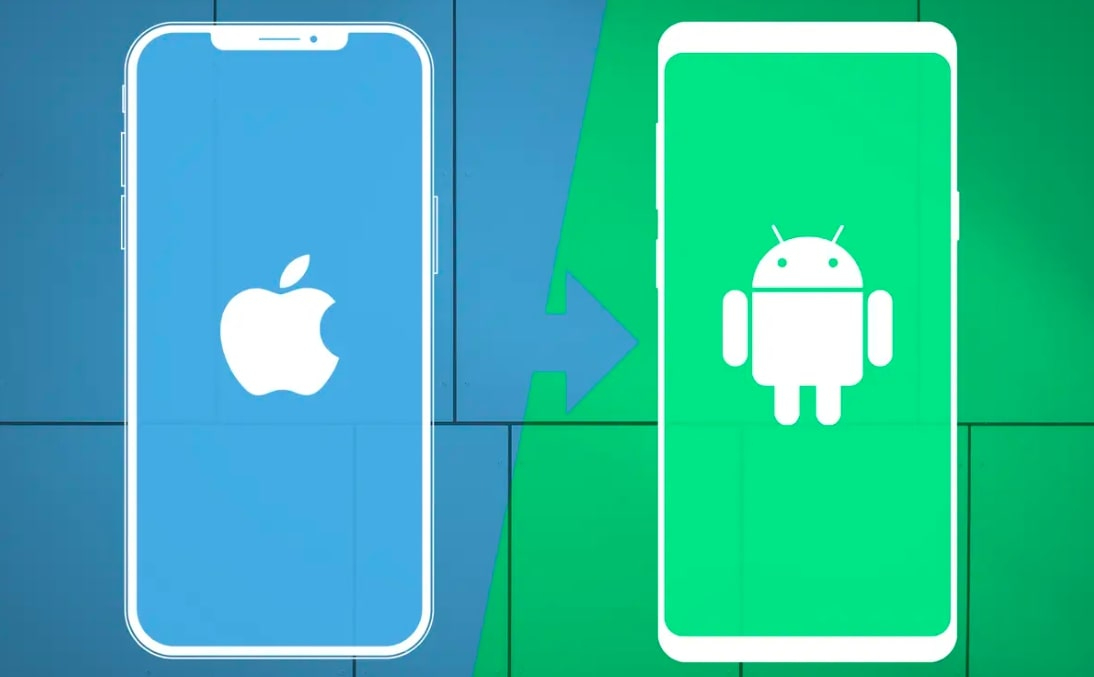Virgin Atlantic completed the first transatlantic large passenger plane flight fully powered by sustainable fuel

Image: PA Media Assignments/Virgin Atlantic
The first transatlantic flight by a large passenger plane powered only by alternative fuels successfully took off yesterday from London and landed in New York.
The plane, a Boeing 787 operated by Virgin Atlantic and not carrying any fare-paying passengers, burned a blend of 88% waste fats supplied by AirBP, and 12% synthetic aromatic kerosene made from plant sugars. This blend falls under the umbrella of something called sustainable aviation fuels (SAF), which itself is an umbrella term for non-fossil-derived fuels. Sustainable aviation fuels can be made from a variety of sources, including crops, household waste, and cooking oils.
The main benefit of SAF is that planes using it emit less carbon – 70% less, according to the aviation industry. Plus, they can be used to power current jet engines.
- SAF is already used in small amounts (aircraft are generally allowed to use up to 50% in a blend with traditional jet fuel), but accounts for less than 0.1% of the aviation fuel consumed around the world.
Here’s why: Numerous challenges remain a blocker to widespread adoption of SAF, including a low availability of suppliers, higher costs, and concern over the sustainability of its generation.
Share this!
Recent Science & Emerging Tech stories

Science & Emerging Tech
| November 27, 2023What’s next for OpenAI with Altman back in charge
🤖 OpenAI reinstated Sam Altman as its CEO late Tuesday, ending both his Steve Jobs moment and a tumultuous few days for the ChatGPT-maker.

Science & Emerging Tech
| November 17, 2023iPhones and Androids are starting to get along
📲💬 Texting between iPhones and Androids is about to receive a major glow-up: Apple said it will support the same next-gen messaging standard as Android, called RCS, starting next year.

Science & Emerging Tech
| November 16, 2023America to the rest of the world:
💻 The world’s 3 fastest supercomputers are all located in the US, which is pulling away from China for the global lead in supercomputing, per new biannual rankings
You've made it this far...
Let's make our relationship official, no 💍 or elaborate proposal required. Learn and stay entertained, for free.👇
All of our news is 100% free and you can unsubscribe anytime; the quiz takes ~10 seconds to complete